Eurovision's Response To Israel Boycott Demands
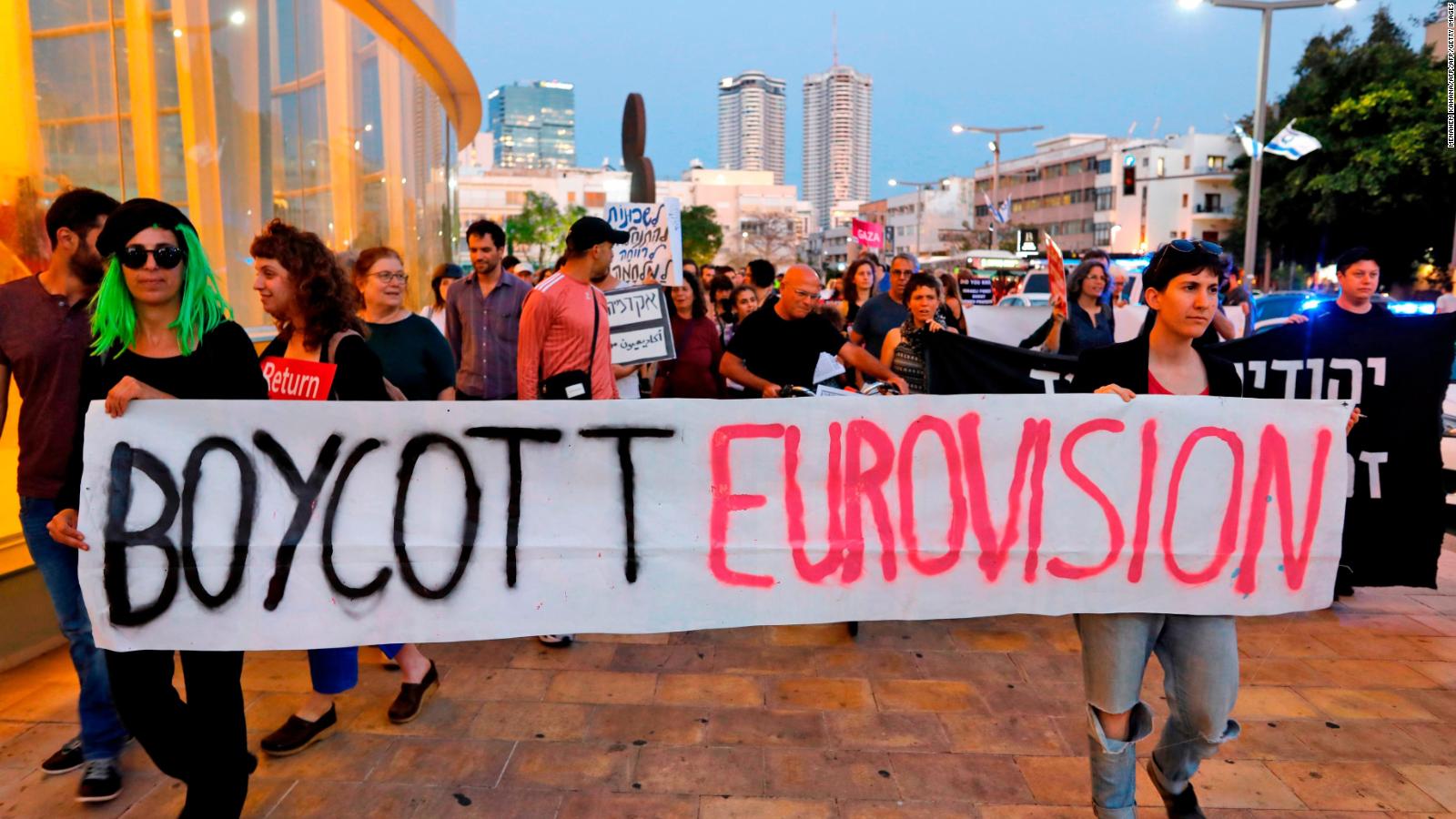
Table of Contents
The Nature of Boycott Campaigns Targeting Eurovision in Israel
Boycott campaigns targeting Israel's involvement in Eurovision stem primarily from deep-seated concerns surrounding the Israeli-Palestinian conflict and alleged human rights violations. Activists within the BDS (Boycott, Divestment, Sanctions) movement and other pro-Palestinian groups argue that hosting Eurovision in Israel normalizes and legitimizes what they perceive as an unjust occupation and oppression of the Palestinian people.
-
Motivations: The core motivations for the boycotts include:
- Alleged human rights abuses against Palestinians in the occupied territories.
- The ongoing Israeli-Palestinian conflict and the lack of a lasting peace settlement.
- Concerns about Israel's treatment of Palestinian refugees.
-
Methods: Boycott activists employ various strategies to pressure Israel and Eurovision organizers:
- Public campaigns urging artists to withdraw from the competition.
- Online petitions and social media activism to raise awareness and garner support.
- Direct lobbying of the European Broadcasting Union (EBU) and participating broadcasters.
- Protests and demonstrations during Eurovision events.
-
Past Attempts: Previous attempts to boycott Eurovision events held in Israel have met with varying degrees of success. While some artists have expressed reservations, the boycotts haven't entirely prevented the contest from taking place. The impact has largely been confined to shaping public discourse and generating media attention around the political issues involved.
Eurovision's Official Stance on Political Boycotts
The European Broadcasting Union (EBU), the organization responsible for the Eurovision Song Contest, maintains a strict policy of political neutrality. The ESC is officially presented as an apolitical event focused solely on musical talent and cultural exchange. The EBU's rules explicitly prohibit overtly political statements or demonstrations during the competition.
-
Policy of Neutrality: The EBU's stated aim is to keep the competition free from political interference and ensure a fair playing field for all participating countries. This neutrality is enshrined in the competition's rules and guidelines.
-
Enforcement Challenges: Enforcing this neutrality is particularly challenging when the host country, such as Israel, is at the center of significant political controversy. The line between artistic expression and political messaging can be blurry, leading to complex situations for the EBU to navigate.
-
EBU Statements: While the EBU hasn’t explicitly addressed every boycott call individually, its official communications generally reaffirm its commitment to political neutrality and its focus on the artistic aspects of the competition. They often emphasize the inclusive nature of the event, welcoming artists from all nations.
The Impact of Boycott Calls on Participating Artists and Countries
The calls for a boycott place participating artists and countries in a difficult position. Artists face immense pressure, balancing their artistic aspirations with the potential reputational risks associated with performing in Israel.
-
Artist Dilemmas: Artists might:
- Choose to participate despite the boycott calls, facing criticism from pro-Palestinian groups.
- Withdraw from the contest, potentially incurring financial losses and damaging their careers.
- Make carefully worded statements acknowledging the controversy without explicitly endorsing or rejecting the boycott.
-
Consequences: The consequences of these choices can be significant:
- Public backlash from either pro-Palestinian or pro-Israel groups.
- Damage to the artist’s reputation, impacting future opportunities.
- Loss of sponsorships or media partnerships.
-
Impact on Eurovision: The boycotts themselves don't necessarily translate into massive disruptions to the broadcast. However, the controversy can significantly influence media coverage, viewer sentiment, and the overall atmosphere surrounding the event.
Alternative Perspectives and Counterarguments
While the arguments in favor of boycotting Israel are compelling to many, counterarguments exist. These perspectives often highlight the importance of cultural exchange and the potential for art to transcend political divisions.
-
Cultural Exchange: Some argue that Eurovision serves as a platform for cultural understanding and dialogue, promoting connections between different nations regardless of political disagreements. Boycotts, they contend, undermine this essential function.
-
Art vs. Politics: Proponents of Israel's participation often emphasize the importance of separating art and politics. They believe that penalizing artists for the actions of their government is unfair and unproductive.
-
Diverse Viewpoints: The debate surrounding Israel’s presence in Eurovision encompasses a wide spectrum of opinions. While strong pro-Palestinian sentiments exist, many viewers and artists believe that the event should remain apolitical, fostering unity rather than division. This nuanced discussion demonstrates the complexity of the issue.
Conclusion
Eurovision's response to Israel boycott demands highlights the delicate balance between maintaining an apolitical event and addressing complex geopolitical issues. The EBU's commitment to neutrality faces constant challenges, particularly when dealing with controversies deeply rooted in human rights and national identity. While boycott calls exert significant pressure on artists and organizers, counterarguments exist that emphasize the unifying potential of cultural exchange. The debate surrounding Eurovision's handling of these boycotts is far from settled and underscores the enduring tensions surrounding the Israeli-Palestinian conflict. To further engage with this complex issue, we encourage readers to seek out diverse perspectives and participate in respectful, informed discussions about Eurovision's response to Israel boycott demands, and how the event might best navigate these challenging circumstances in the future.

Featured Posts
-
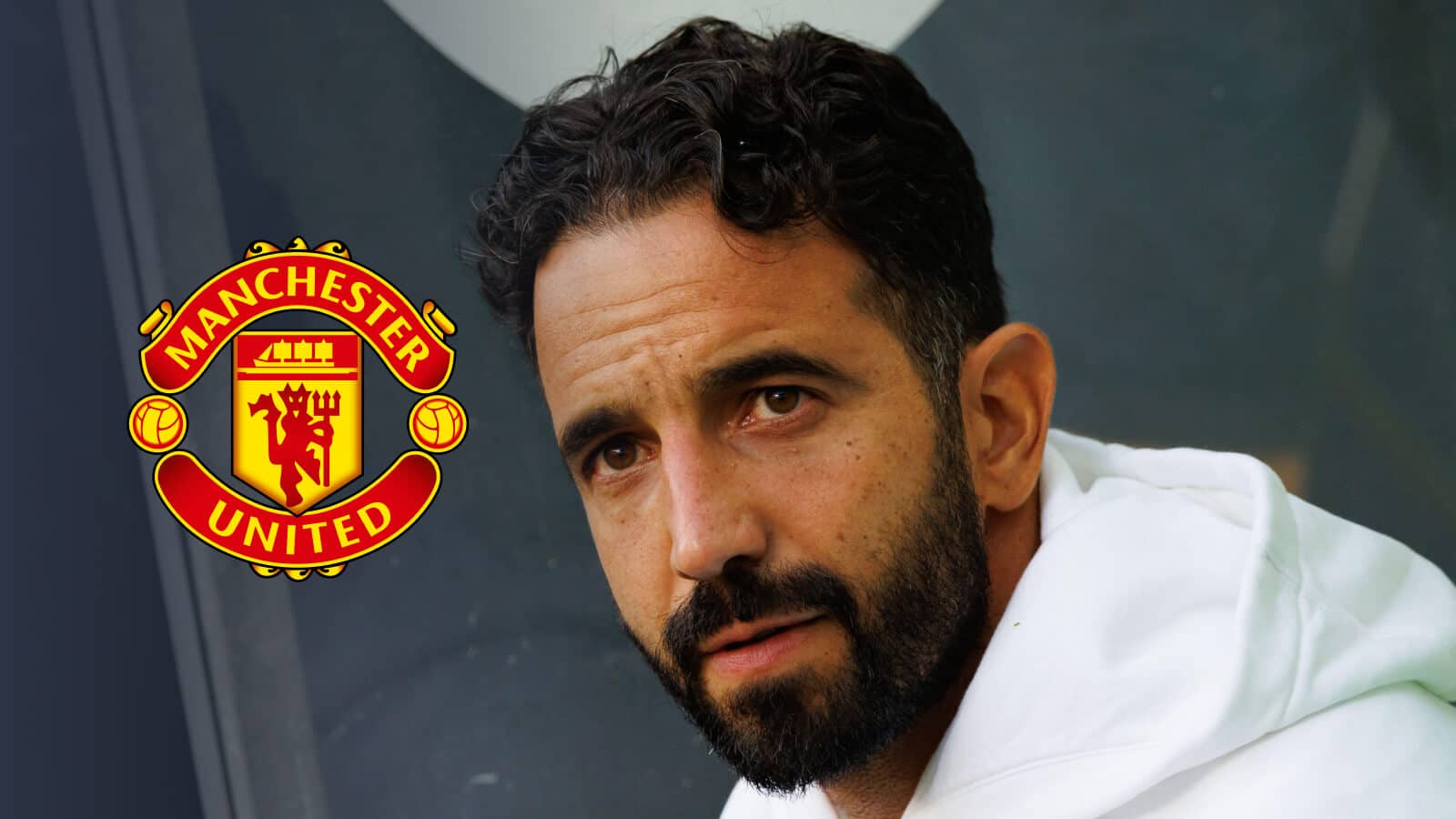 Amorims Man United Transfer Wish List 7 Players He Wants To Sign
May 14, 2025
Amorims Man United Transfer Wish List 7 Players He Wants To Sign
May 14, 2025 -
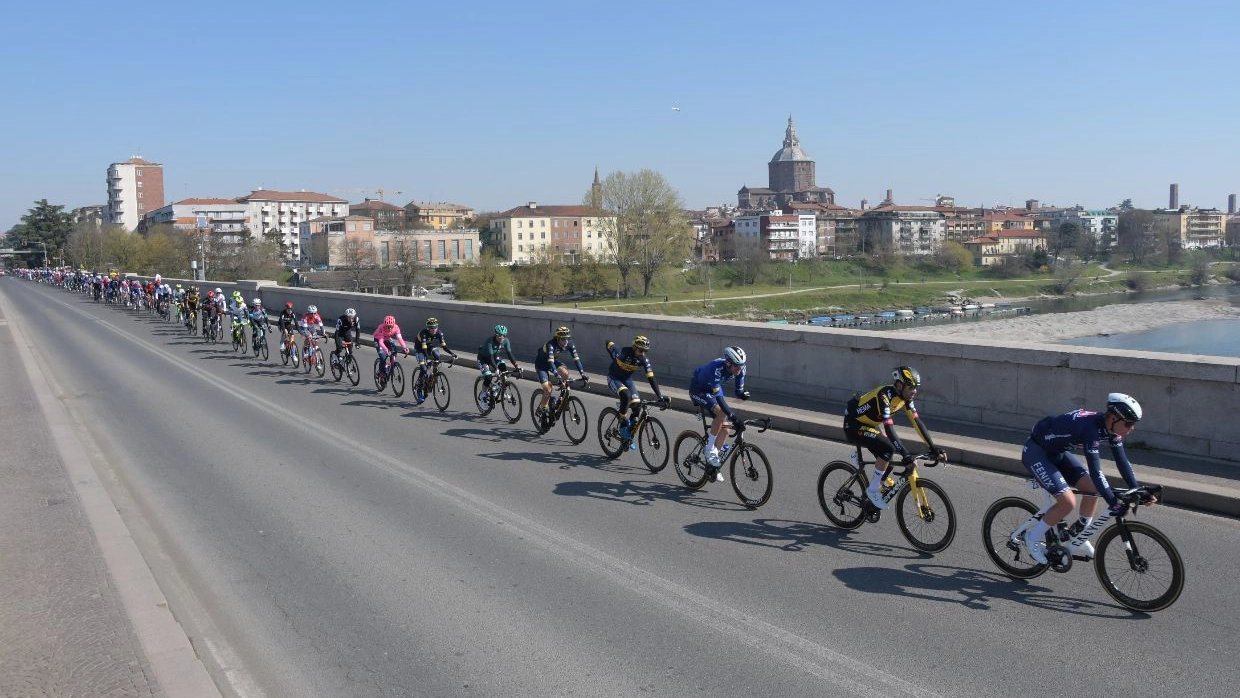 Milano Sanremo 2025 Mappa Del Percorso E Strade Interessate In Lombardia
May 14, 2025
Milano Sanremo 2025 Mappa Del Percorso E Strade Interessate In Lombardia
May 14, 2025 -
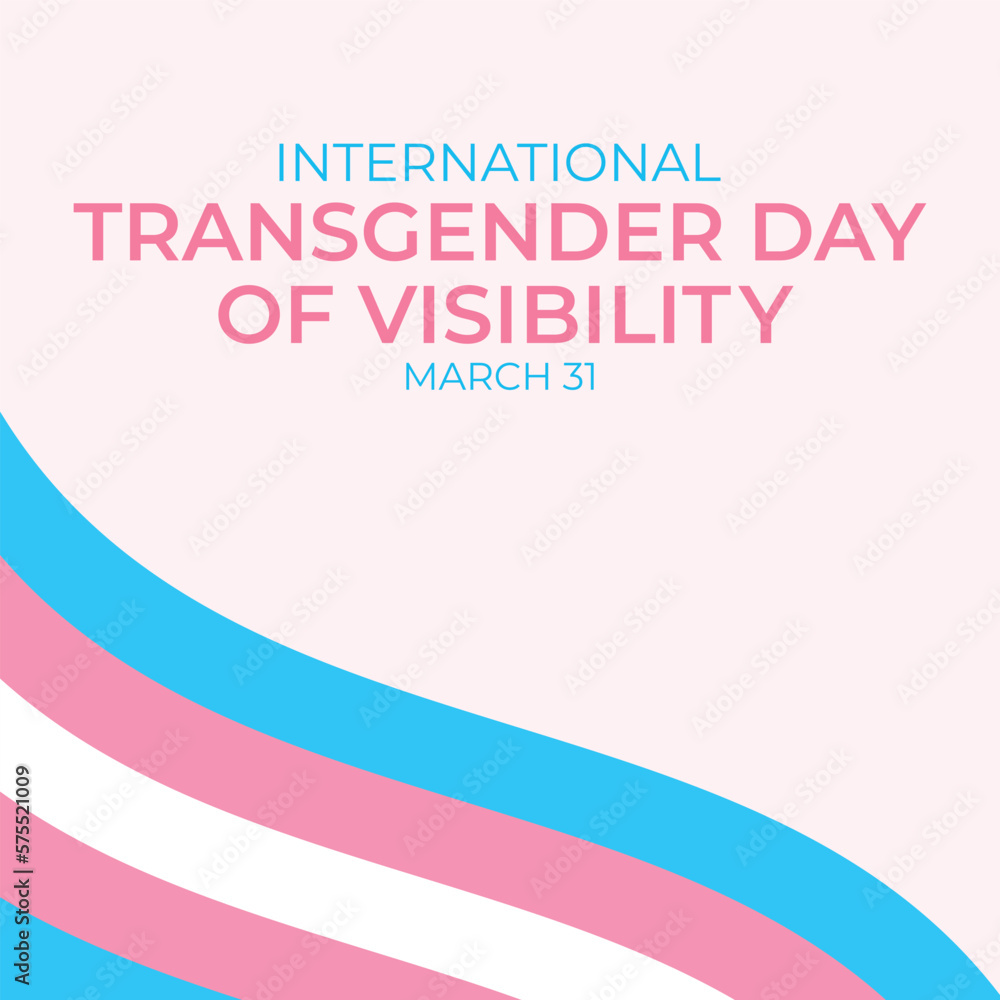 Transgender Day Of Visibility The Potential Of A Gender Euphoria Scale To Enhance Mental Health
May 14, 2025
Transgender Day Of Visibility The Potential Of A Gender Euphoria Scale To Enhance Mental Health
May 14, 2025 -
 Amiotrofichna Lateralna Skleroza Als Aktor Ot Populyarni Seriali E Bolen
May 14, 2025
Amiotrofichna Lateralna Skleroza Als Aktor Ot Populyarni Seriali E Bolen
May 14, 2025 -
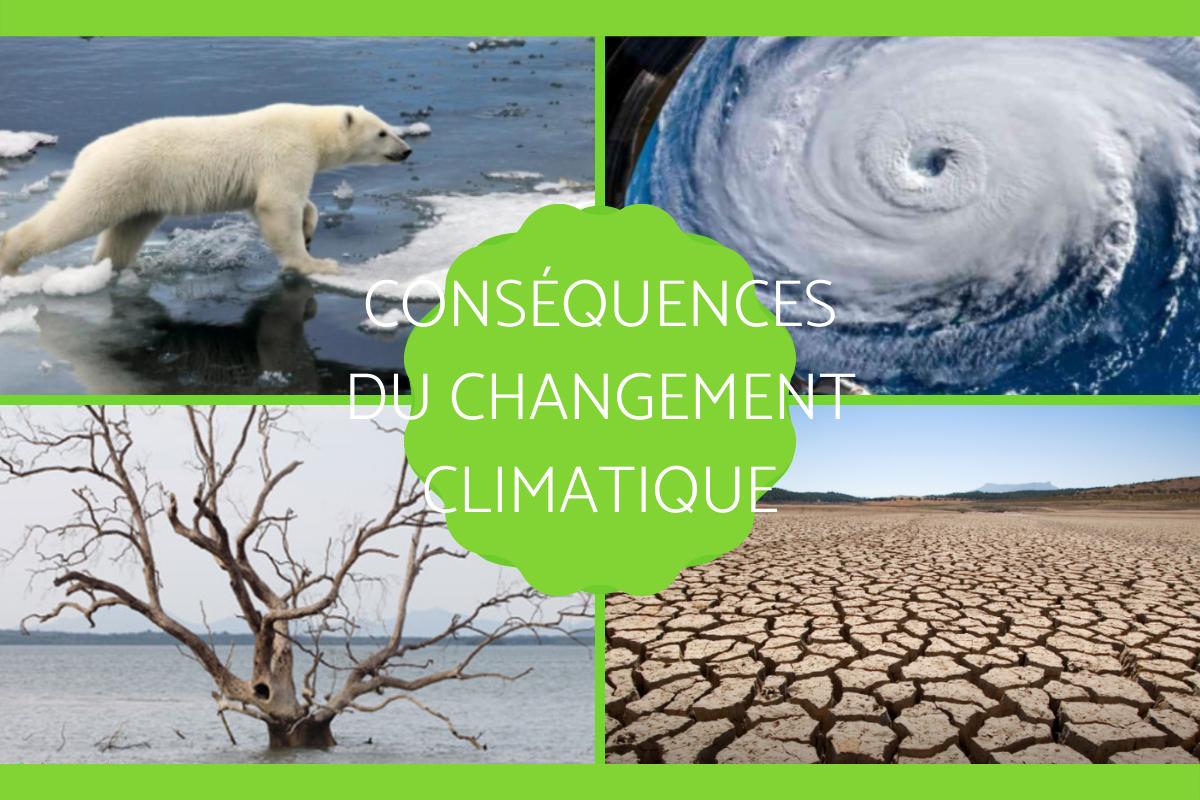 Analyse Du Help Extension Act Quelles Consequences Pour L Economie Haitienne
May 14, 2025
Analyse Du Help Extension Act Quelles Consequences Pour L Economie Haitienne
May 14, 2025
